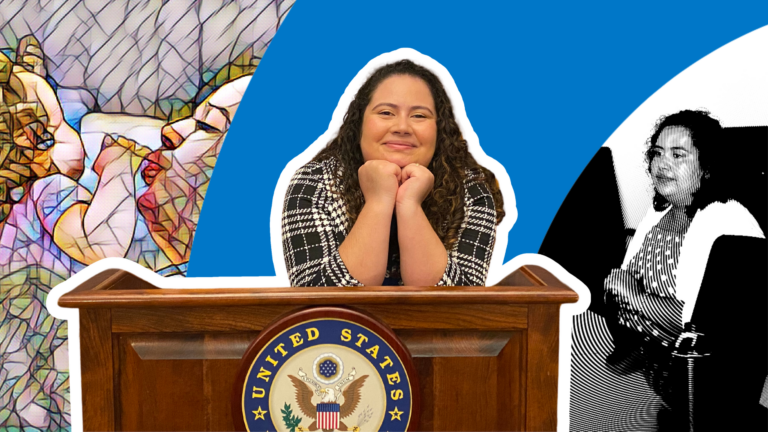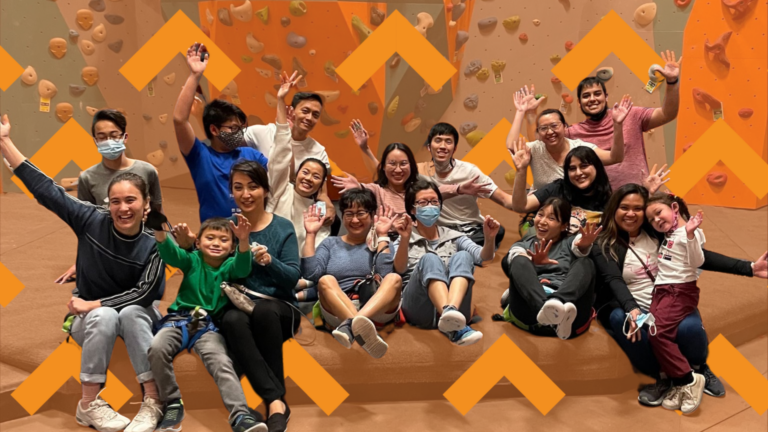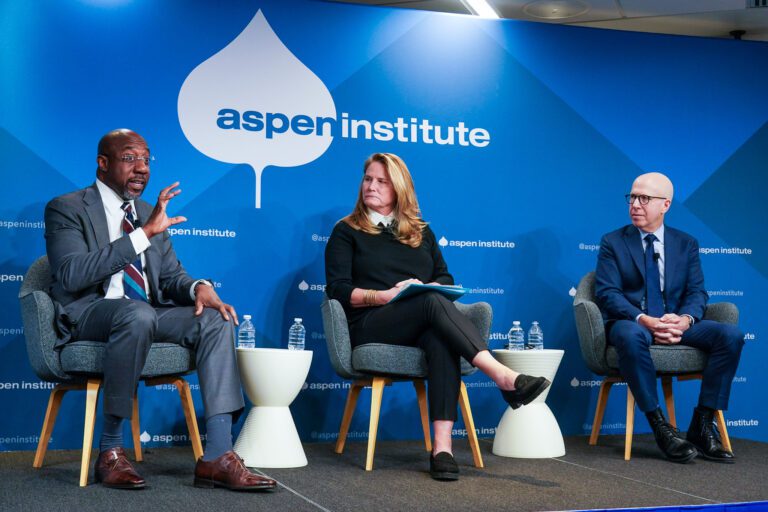Build, Buy, and Buy-in

Above, an Acelero Learning staff member and child participant
Lots of brows furrowed in concentrated attention. That’s my visual memory of the Aspen Institute Forum on Innovations in Early Childhood, two beautiful September days with Ascend Fellows and national early childhood experts hosted at the David and Lucile Packard Foundation’s new headquarters in Los Altos, California. Attendees pondered and debated: what does it take to implement two-generation approaches that move children and their parents from poverty toward opportunity? And, like Packard’s innovative net zero energy building, how can we ensure that successful outcomes for children and families far exceed the inputs and efforts needed to produce effective two-generation programs?
My alliteration-loving colleague Nisha Patel, Deputy Director of Ascend at The Aspen Institute, came-up with the “Build or Buy” concept to describe how high-performing two-generation programs approach service delivery that produces results. Several programs led by Ascend Fellows, including CAP Tulsa’s CareerAdvance®, the multi-site Acelero Learning, and the San Francisco Child Abuse Prevention Center, discussed the need to either “build” specialized and advanced skills with in-house staff, or contract (i.e., “buy”) for services required in order to reach target goals for children and families. The services one buys depends on what is in, and out of, an organization’s wheelhouse: some need case managers, some need workforce training experts.
But a few meeting participants proffered a third “B” to add to the “Build or Buy” concept: “Buy-in”. Ascend Fellow Dr. P. Lindsay Chase-Lansdale of Northwestern University mused, “What are the incentives to partner? Why should partners go beyond their own original mission and shift to new work?”
So, is there a third “B”? Is community partner “Buy-in” an essential component to successful two-generation programs? By the vigorous nodding I saw around the table during this discussion, most attendees seemed to think so. Very rarely will one organization have the capacity and resources to provide a comprehensive two-generation strategy. Whether it is finding a community college to provide convenient blocks of classes for adult participants, or an early childhood development center willing to expand services and share space for adult activities, community partners must embrace the belief that serving two generations together will produce better outcomes for the entire family. That means partnerships must move beyond mutually satisfying terms of engagement (e.g., if you give me 25 students, I’ll give you a guaranteed class schedule) to, in the words of attendee Wanda Walker of the Jeremiah Program, an integrative collaborative model with equal commitment to high effort and high expectations.
Back to the building analogy, I think of the two-generation approach as the LEED Certified equivalent in a new era of programs attempting to move families toward economic opportunity. When all the component parts, or partnerships, are designed to work in harmony and when leaders agree on a bigger vision, the result is not a zero sum game but a multiplying impact of families that contribute back to society for generations to come.
Related Posts



